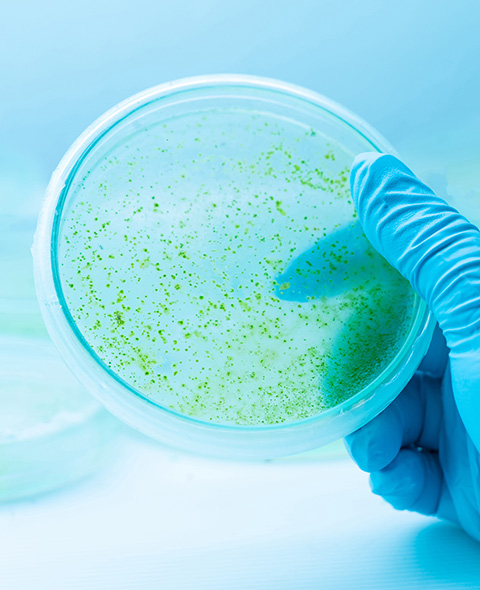
Sustainable Environmental Biotechnology (including Ecotoxicology)
Sustainable Environmental Biotechnology is a multifaceted field dedicated to addressing environmental challenges while protecting ecosystems and human health. It encompasses a wide range of areas, including CO2 sequestration and alternative renewable energy production such as using microalgae, seaweed and various aquatic plants, bioremediation, biofiltration and the use of bioresources in food, pharmaceuticals and cosmeceuticals. Another key aspect of the field is ecotoxicology, which assesses the impact of contaminants on ecosystems and organisms. There is also a growing emphasis on standardising newly developed biotechnological techniques to ensure their reliability and comparability between studies. By integrating principles from different disciplines, Sustainable Environmental Biotechnology aims to develop innovative and sustainable approaches that promote environmental and human health and long-term sustainability.
-
We provide knowledge and expertise on topics like:
- Algal physiology
- Bioremediation
- Bioresources (food, pharmaceuticals, cosmeceuticals)
- Blue carbon
- CO₂ sequestration
- Ecotoxicology
- Land-based cultivation
- Microalgae
- Photosynthesis
- Renewable energy
- Seaweed
- Smart-farm
Principle Investigator: Jihae Park
- https://research.ugent.be/web/person/jihae-park-0/en